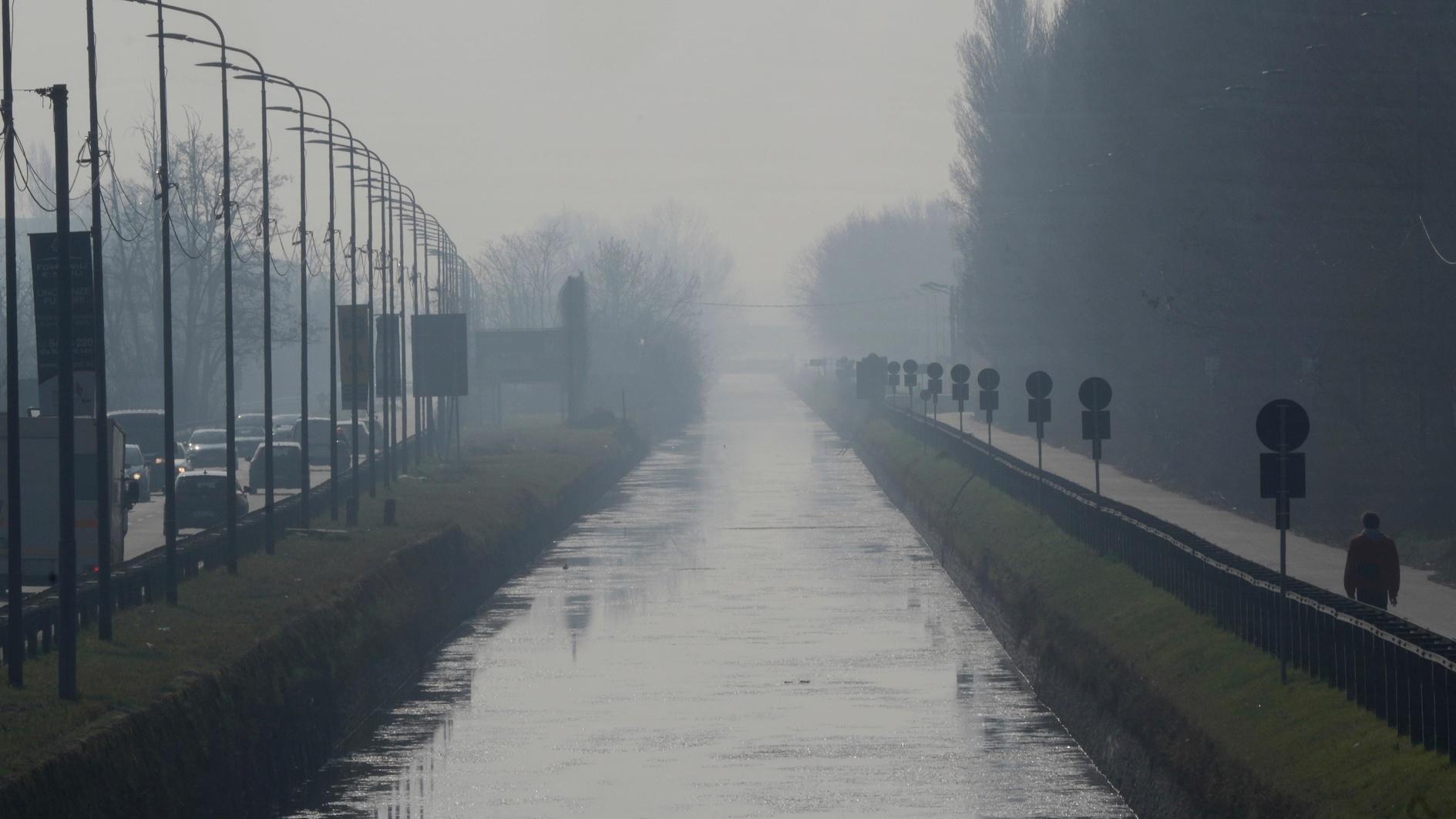
Approximately 238,000 air pollution deaths could be avoided each year if the EU27 countries actually met World Health Organization (WHO) guidelines for air pollution, according to figures from the European Environment Agency (EEA).
And more than 400,000 deaths could be avoided if particle air pollution could be avoided completely.
On Feb. 20 the EU Council agreed new legislation for clean air for 2030 and beyond. As EU countries work towards these new legal limits, a new study has estimated the benefits that could quickly arise with reductions in air pollution from traffic and home heating.
The academics found that a 20 percent drop in road traffic pollution could reduce annual excess deaths across Europe by about 7,000 people a year by decreasing particle pollution. Germany tops the chart with potential decreases of more than 1,000 deaths annually; for the U.K. and Italy, it would be more than 500. These estimates were based on air pollution and health statistics from 2015.
A 20 percent decrease in air pollution from home heating would yield approximately 13,000 fewer deaths each year. East and central Europe would benefit most, due to high use of solid fuel for heating. Germany, Italy, Poland, Ukraine and Türkiye would experience more than 1,000 fewer deaths each.
The new study also showed that more than half of the benefits would come from fewer deaths from heart attacks, strokes and type 2 diabetes, as well as lung-cancer.
“Of the excess deaths in Europe that are attributed to long-term exposure to particle pollution, 26 percent and 12 percent of these can be avoided if residential combustion and road-transport emissions are phased out, respectively,” said Niki Paisi, who was part of the study team at the Climate and Atmosphere Research Center at the Cyprus Institute.